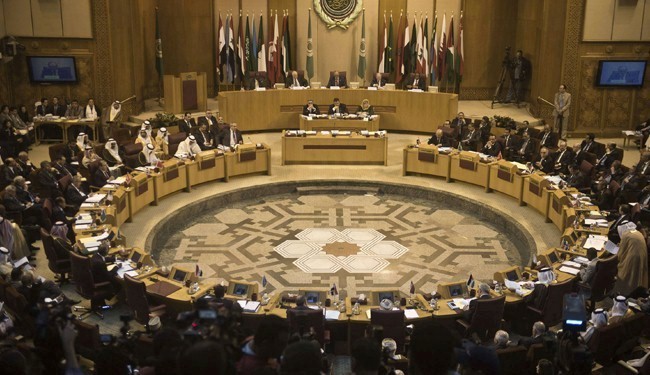New rifts hit Arab League summit in Kuwait

 New divisions among Arab League member states have dashed hopes of achieving any consensus on regional issues at the upcoming summit.
New divisions among Arab League member states have dashed hopes of achieving any consensus on regional issues at the upcoming summit.
The 25th Arab League summit is set to begin on Tuesday, but many question its capacity in achieving concrete results.
Arab League Secretary-General Nabil al-Arabi has said the summit will primarily discuss Syria, Palestine, and “terrorism”.
With a day remaining before the gathering in Kuwait, an unresolved dispute between members of the Persian Gulf Cooperation Council has added to the divisive situation in both Syria and the Palestinian territories.
Arab League Deputy Secretary-General Ahmad bin Hilli said that “everybody considers the summit exceptional because of the conflicts in the Arab region”.
However, due to the differing policies regarding regional issues, especially Syria and Palestine, the likelihood of unity on any of those issues is slim.
The disputes led to Saudi Arabia, Bahrain and the UAE withdrawing their ambassadors to Qatar, a development that does not bode well for the Arab League’s capacity to take any significant action on pressing regional issues.
Some have even suggested that if a solution is not found soon, it could spell the end of the council, with a new organization formed in its place.
Another controversial issue is Muslim Brotherhood. Qatar’s support for the Muslim Brotherhood is at the crux of the PGCC spat. Saudi Arabia and Egypt have branded the group as a “terrorist organization”.
With such a bleak forecast for this summit, some question the Arab League’s capacity to achieve anything at all.







